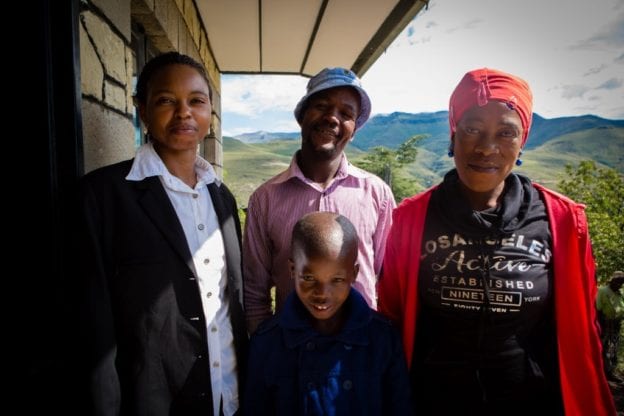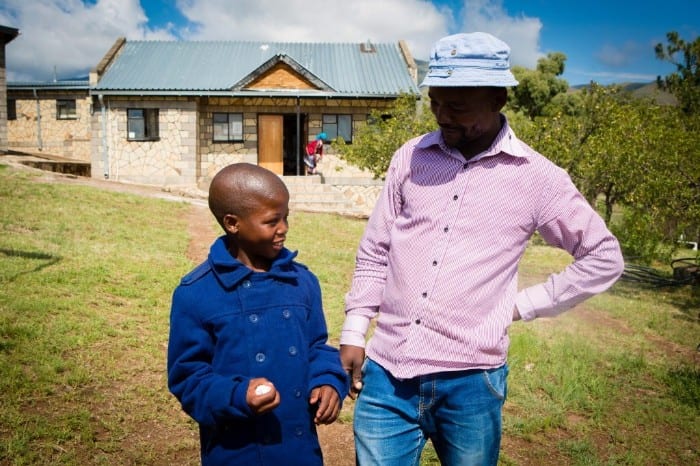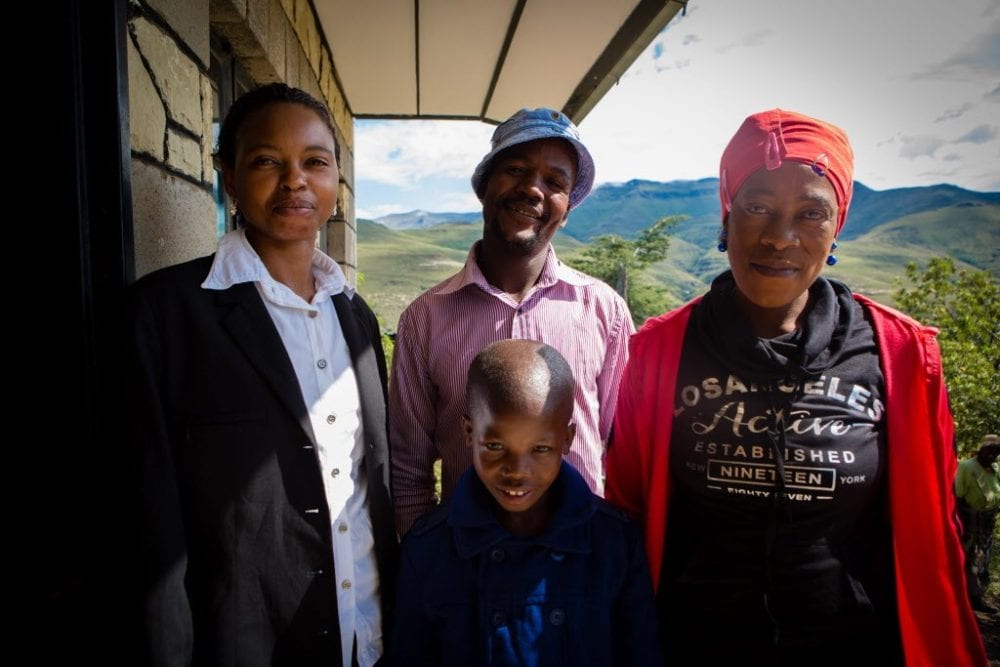Making good on solidarity’s promise

By Mark Brender in recognition of International Human Solidarity Day 2018.
A group of health professionals in Vancouver hosted a screening last week of Bending the Arc, the documentary film that chronicles Partners In Health and the global movement for the right to health. In discussion afterward, an audience member noted that British Columbia, population 4.8 million people, spends about $19.2-billion per year on health care. Left unsaid was any direct comparison with countries chronicled in the film like Haiti or Rwanda or, say, Liberia — population 4.8 million people and $79-million USD annual health budget — but given that we live on the same planet, it seemed obvious such grotesque disparities in per capita health expenditures are things we all should be working to rectify.
It was similar thinking, we can assume, that led the United Nations in 2005 to name Dec. 20 as International Human Solidarity Day. The UN recognized solidarity as “one of the fundamental and universal values that should underlie relations between peoples in the Twenty-first century.”
But international recognition falls flat without action, and talk of solidarity is only as good as the actions that follow. How can we as individuals make good on solidarity’s promise? A few ideas:
- Engage in the fight to change policies and structures that lead to unjust outcomes. Stand alongside advocates from affected communities who are leading the change. Without activists and researchers and teachers and organizers and community mobilizers who bring injustice to light and demand better from those in power, solidarity simply isn’t possible.
- Get behind and make people aware of initiatives that prove the change you seek is possible, so no one can say it isn’t. Going to scale is solidarity playing the long game.
- Take action today, right now, to advance human rights and address injustice as defined by those in need (see for example the Cange Declaration). What Paul Farmer calls pragmatic solidarity is about getting done what we already know how to do, immediately, by using our resources and good fortune to prevent stupid deaths, for example. One of the ways to have an immediate impact is to contribute financially to causes we care about and organizations we trust that every day work to advance human rights. For all those who have donated or will donate to PIH Canada in 2018 in support of colleagues and community members addressing injustice around the world, thank you for your solidarity.
Examples of pragmatic solidarity are legion, but in the case of PIH, the geographical spread and programmatic breadth of the work make it impossible to catalogue everything taking place across PIH sites. We tell stories of our patients and staff to strengthen the bonds of human connection… knowing that we’re only sharing a fraction of their efforts.


In Lesotho, a 12-year-old boy named Lehlonhonolo has lived for the past eight years at a health center supported by PIH. His mother died of HIV when he was toddler. His father died shortly after. Lehlonhonolo contracted HIV from his mother and was sick and severely malnourished when he was found by a village health worker. The village health worker brought Lehlonhonolo to the clinic, where he received treatment. Since then, the PIH Lesotho family has been Lehlonhonolo’s family.
It started with health care, but it goes so far beyond health care. This kind of solidarity, quiet and unsung and unknown outside of the community of lives it transforms, is happening everywhere.
A happy International Human Solidarity Day to all.



